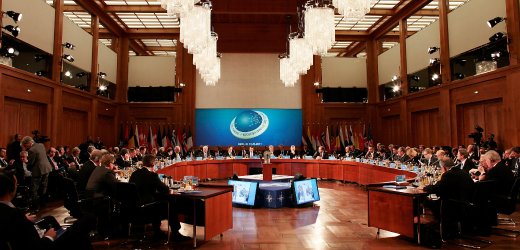
From Jörg Himmelreich, Spiegel: Today, the 28 NATO member states have profoundly different opinions about what the alliance’s future course should be , a fact that even the new NATO strategy plan adopted at a summit in Riga in November was unable to conceal. It contains little by way of answers to some of the most pressing questions:
- What role should Russia be given in the efforts to develop a common missile defense to protect Europe from missiles that could be fired from the Middle East?
- Should NATO act as the global police in every conflict hot spot around the world?
- Should NATO troops be deployed to secure strategic marine trade lanes and commodity transports in the new era of African pirates?
- Can cyber attacks trigger an Article 5 collective response from NATO?
And as long as there is no solidarity or political will among all the member states to establish a substantial new strategy that goes beyond painless closing statements at summits that pay diplomatic lip service but add little in terms of content, NATO’s ability to act militarily will remain compromised. And the more it loses its ability to act collectively, the more we will see individual NATO member states seeking out "coalitions of the willing," if those alignments better serve their own strategic interests. The result is the loss of one of NATO’s key assets, the integration of the security policies of its 28 member states.
Image: getty%204%2025%2011%20NATO%20ForMin%20Berlin.jpg
